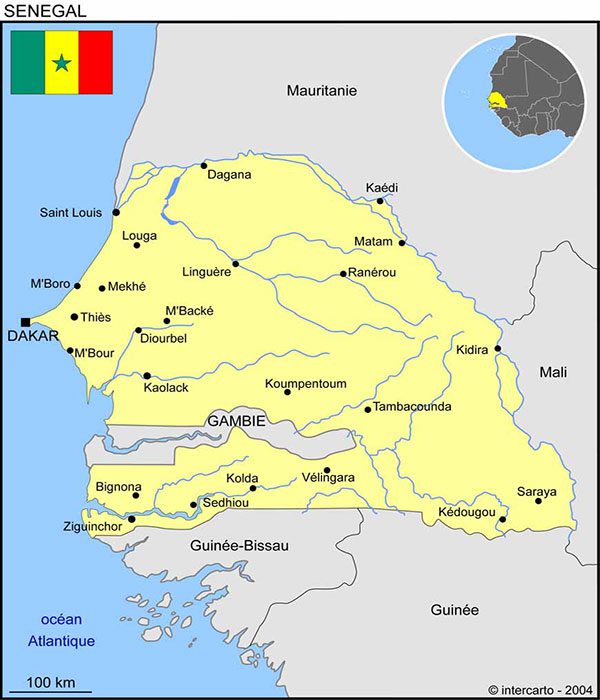This regulatory body of the hydrocarbons sector is composed of 15 members, seven of whom are from the public administration.
By Abdourahmane Diallo
Five representatives of the national private sector and companies in the hydrocarbon sector, one from the civil society and two representatives of trade unions make up the other eight members of the CNSCL, which was officially put on service on Thursday, July 1, 2021.
According to the Permanent Secretary of the Oil and Gas Strategy Committee (COS PETROGAZ) and Chairman of the committee, Ousmane Ndiaye, more than 80 percent of the resources used in the exploration, development and production of hydrocarbons in Africa come from abroad.
“Thus, our value creation strategy aims to reduce imports by optimizing local production,” said Mr. Ndiaye, who presided over the formal installation ceremony of the members of the CNSCL.
The creation of the National Committee for Monitoring Local Content aims to enable Senegal to make the most of the wealth provided by oil and gas.
This is achieved by monitoring imports of equipment for the exploitation of these resources, production, but also the workforce that will be used on the various sites.
The 15 members of the CNSCL have the task of defining, within a framework proposed by the technical secretariat, the operating methods that will govern these different areas.
Through the committee, the local private sector will also benefit from support to enable it make the most of the partnerships set up with the oil principals.
The National Local Content Monitoring Committee is the steering body and essential pillar of the local content policy.
Its main role is to ensure the efficient and effective implementation of the local content policy developed by Senegal.
The West African country has set itself the target of reaching 50 percent local content by 2030.
In other words, the aim is to enable Senegalese companies to account for 50 percent of oil and gas activities.
“Local content in the hydrocarbon sector refers to all initiatives taken to promote the use of national goods and services, as well as the development of the participation of national labor, technology and capital in the entire value chain of the oil and gas industry,” according to the Local Content Law.
ARD/te/fss/as/APA


